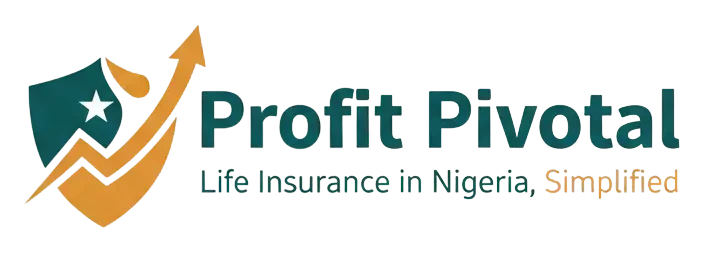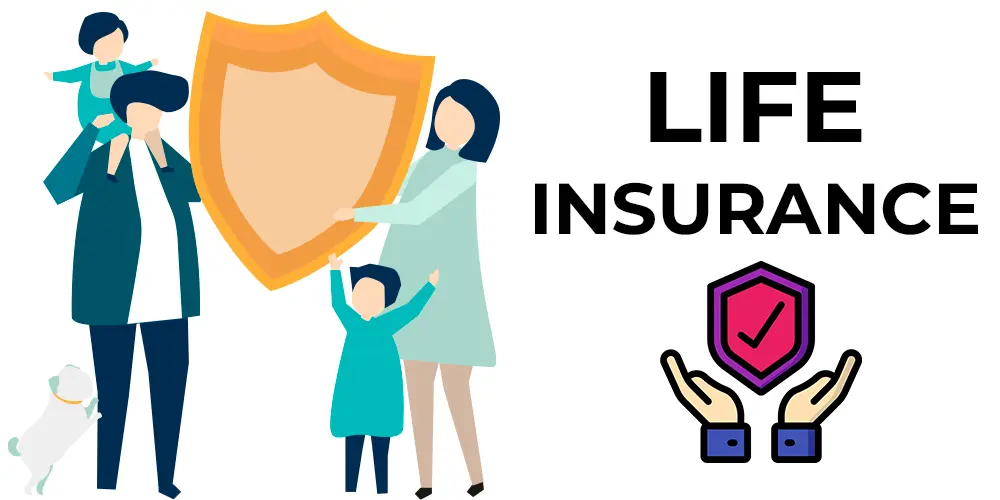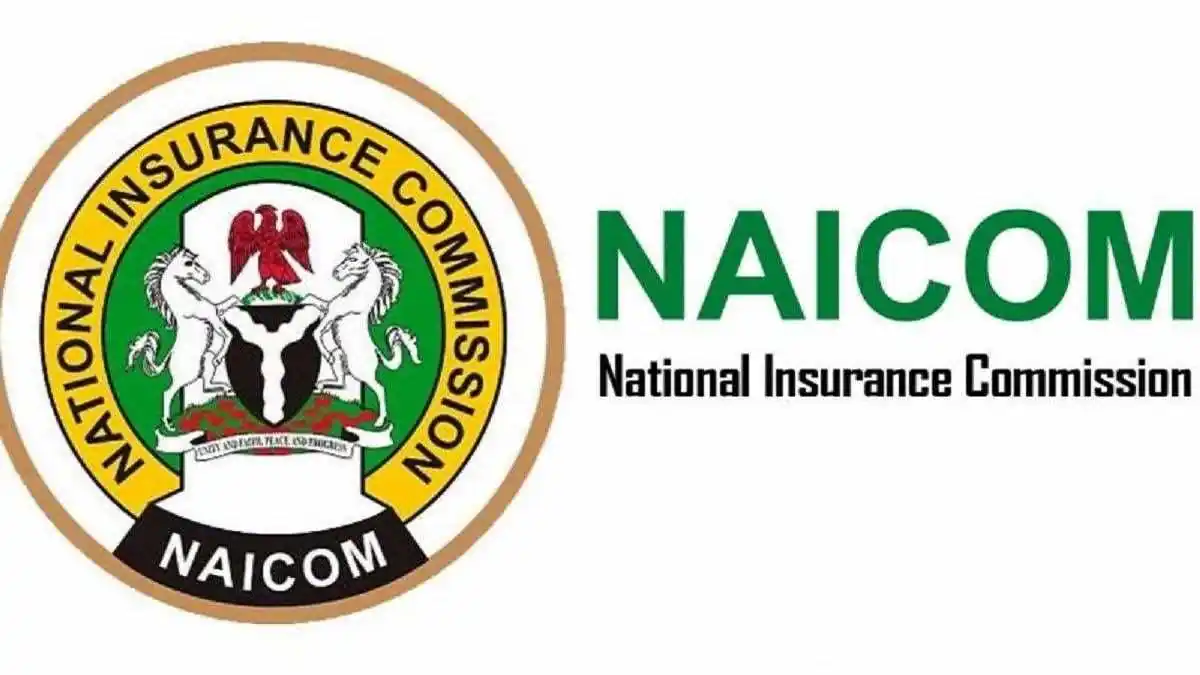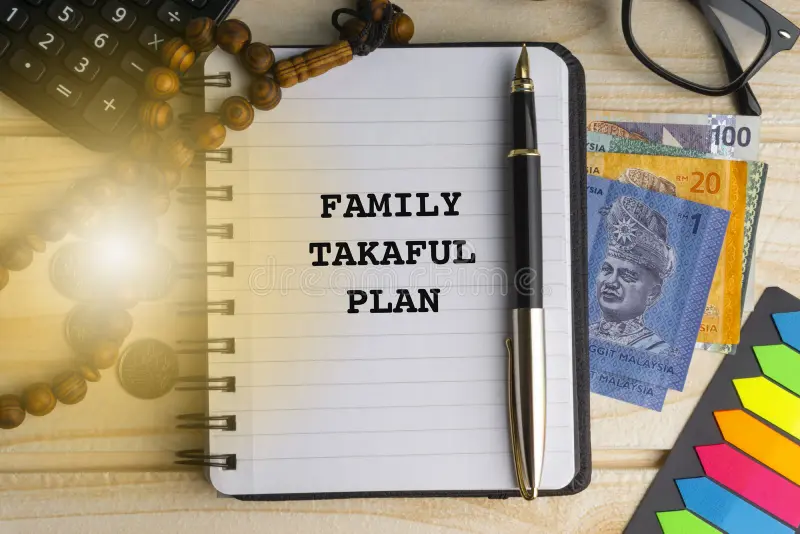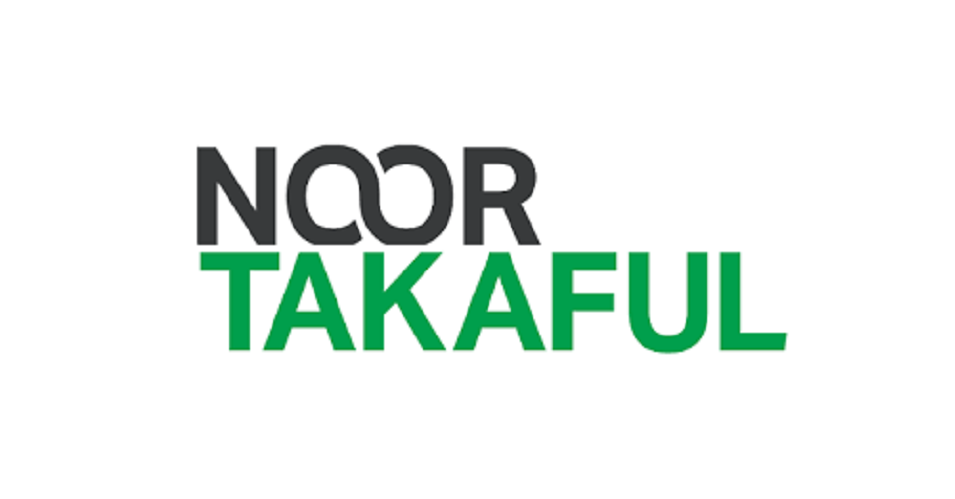How to buy life insurance in Nigeria is a question many breadwinners ask when they start thinking about their family’s financial security. What happens to your family’s dreams if you, the main provider, are suddenly no longer there?
It’s a tough question, but one we must all consider. Learning how to buy life insurance in Nigeria is the first step toward creating a financial safety net that protects your loved ones, no matter what. This article will break down the entire process, making it simple to understand and easy to act on, so you can secure your family’s future today.
Life insurance is more than just a policy; it’s peace of mind. It ensures that your children’s education, your spouse’s well-being, and your family’s lifestyle can continue even in your absence.
What is Life Insurance?
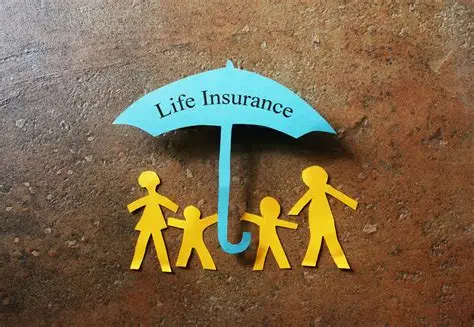
Think of life insurance as a promise. You pay a regular amount, called a premium, to an insurance company. In return, the company promises to pay a large, tax-free sum of money, known as a death benefit or sum assured, to your chosen family members (beneficiaries) if you pass away while the policy is active.
This financial cushion can help your family cover critical expenses like:
- Daily living costs (food, transport, utilities)
- Rent or outstanding mortgage payments
- Children’s school fees
- Business debts or startup capital for a spouse
- Funeral expenses
In a country where the economic climate can be unpredictable, having a life insurance policy is one of the most responsible decisions you can make.
Types of Life Insurance Policies Available in Nigeria
Choosing the right policy can feel confusing, but it boils down to your needs and budget. Here are the most common types you’ll find in Nigeria.
1. Term Life Insurance
This is the simplest and most affordable type of life insurance. It covers you for a specific period (the “term”), usually between 5 to 30 years. If you pass away during this term, your family gets the payout. If you outlive the term, the policy expires, and there is no payout.
Best for: Young families, homeowners with mortgages, and people on a tight budget who need maximum coverage for the lowest cost.
Example: A 35-year-old in Lagos might buy a 20-year term policy to cover his family until his children are financially independent.
2. Whole Life Insurance
As the name suggests, this policy covers you for your entire life, as long as you keep paying the premiums. It’s more expensive than term life but comes with a key benefit: a cash value component. A portion of your premium grows over time, creating a savings account you can borrow against or withdraw from.
Best for: Individuals looking for lifelong coverage, estate planning, and a policy that builds savings over time.
3. Endowment Policy
This is a popular choice in Nigeria. It’s a mix of insurance and savings. It covers you for a set term (e.g., 10, 15, or 20 years). If you pass away during the term, your family receives the death benefit. If you survive the term, you receive the full sum assured.
Best for: People saving for a specific long-term goal, like a child’s university education, a home deposit, or retirement.
Quick Comparison: Term vs. Whole Life vs. Endowment
| Feature | Term Life | Whole Life | Endowment |
|---|---|---|---|
| Coverage Duration | Specific Period (e.g., 20 years) | Entire Life | Specific Period |
| Cost | Low | High | Medium-High |
| Cash Value | No | Yes | Yes (Maturity Benefit) |
| Main Goal | Pure Protection | Lifelong Protection & Savings | Goal-Based Savings |
Step-by-Step: How to Buy Life Insurance in Nigeria
Ready to take the next step? Here is a simple, five-step process to get you covered.
Step 1: Assess Your Financial Needs
First, calculate how much coverage your family would need. Consider these factors:
- Your Debts: Mortgages, car loans, and other outstanding debts.
- Income Replacement: How many years of your annual salary would your family need to live comfortably? (A common rule of thumb is 10 times your yearly income).
- Future Goals: University fees for your children, weddings, etc.
Add these up to get a rough estimate of the sum assured you should aim for.
Step 2: Research and Compare Insurance Companies
Nigeria’s insurance market is regulated by the National Insurance Commission (NAICOM), which ensures that companies operate fairly. Look for providers with a strong reputation, good financial standing, and excellent customer service.
Some of the top life insurance providers in Nigeria include:
- AXA Mansard Insurance
- Leadway Assurance
- AIICO Insurance Plc
- Custodian and Allied Insurance
- FBNInsurance
Don’t just settle for the first quote. Use online comparison tools or speak to agents from different companies.
Pro Tip: Ask about their Claim Settlement Ratio (CSR). A higher CSR means the company is more likely to pay out claims without issues.
Step 3: Fill Out the Application Form
Once you’ve chosen a provider and a policy, you’ll need to complete an application form. Be completely honest about your:
- Age and Lifestyle: Your age, whether you smoke, and your hobbies.
- Medical History: Any past or current health conditions.
Withholding information can lead to your policy being voided later, so transparency is key. You may be required to undergo a simple medical check-up, often paid for by the insurer.
Step 4: Choose Your Beneficiaries
This is the person or people who will receive the payout. Your beneficiary can be your spouse, children, parents, or even a trust. Make sure you clearly state their full names and relationship to you. It’s also wise to name a secondary (contingent) beneficiary in case your primary beneficiary is unable to receive the funds.
Step 5: Review and Sign the Policy Document
Read the policy document carefully before you sign. Understand the terms, conditions, and any exclusions (situations where the policy won’t pay out). Once you’re satisfied, sign the document and pay your first premium. Your coverage begins once the payment is confirmed.
How Much Does Life Insurance Cost in Nigeria?
The cost of your premium depends on several factors:
- Your Age: The younger you are, the cheaper the premiums.
- Your Health: Healthy individuals pay less. Conditions like hypertension or diabetes can increase the cost.
- Sum Assured: A larger death benefit means a higher premium.
- Policy Type: Term life is the cheapest, while whole life is the most expensive.
- Lifestyle: Smokers or individuals with high-risk jobs may pay more.
For example, a healthy 30-year-old might pay as little as ₦5,000 per month for a ₦10 million term life policy, while a 50-year-old might pay significantly more for the same coverage.
Get a free quote today to see what your premium could be.
Common Mistakes to Avoid When Buying Life Insurance
- Underinsuring Yourself: Buying a policy with a low sum assured might save you money on premiums, but it won’t be enough to truly protect your family.
- Delaying the Purchase: Life insurance gets more expensive as you age. The best time to buy it is now.
- Not Being Honest: Lying on your application can result in a denied claim, leaving your family with nothing.
- Not Reviewing Your Policy: Life changes. Marriage, the birth of a child, or a new business are all reasons to review and possibly update your coverage.
What’s Next? Take Action Today
Understanding how to buy life insurance in Nigeria is a powerful financial tool. It offers security, protects your legacy, and gives you the freedom to live life fully, knowing your loved ones are protected.
Your next step is simple: research, compare, and apply. Don’t put it off.
Ready to protect your family’s future? Compare top insurance plans in Nigeria now and find the perfect fit for your needs and budget.
For those looking to share their own financial knowledge, starting a blog can be a great way to help others. For reliable and fast web hosting in Nigeria, platforms like Trispark Hosting offer excellent service to get you online quickly and securely.
Suggested Reads:
1. Capital Gains Tax in Nigeria: A Simple Guide to Your Profits (2025)
2. 5 Things Term Life Insurance Does for Nigerians That Savings Cannot
3. Discover the Secret Clause Many Nigerians Miss in Their Term Life Policies
